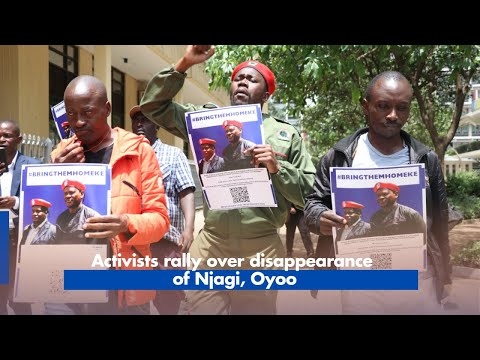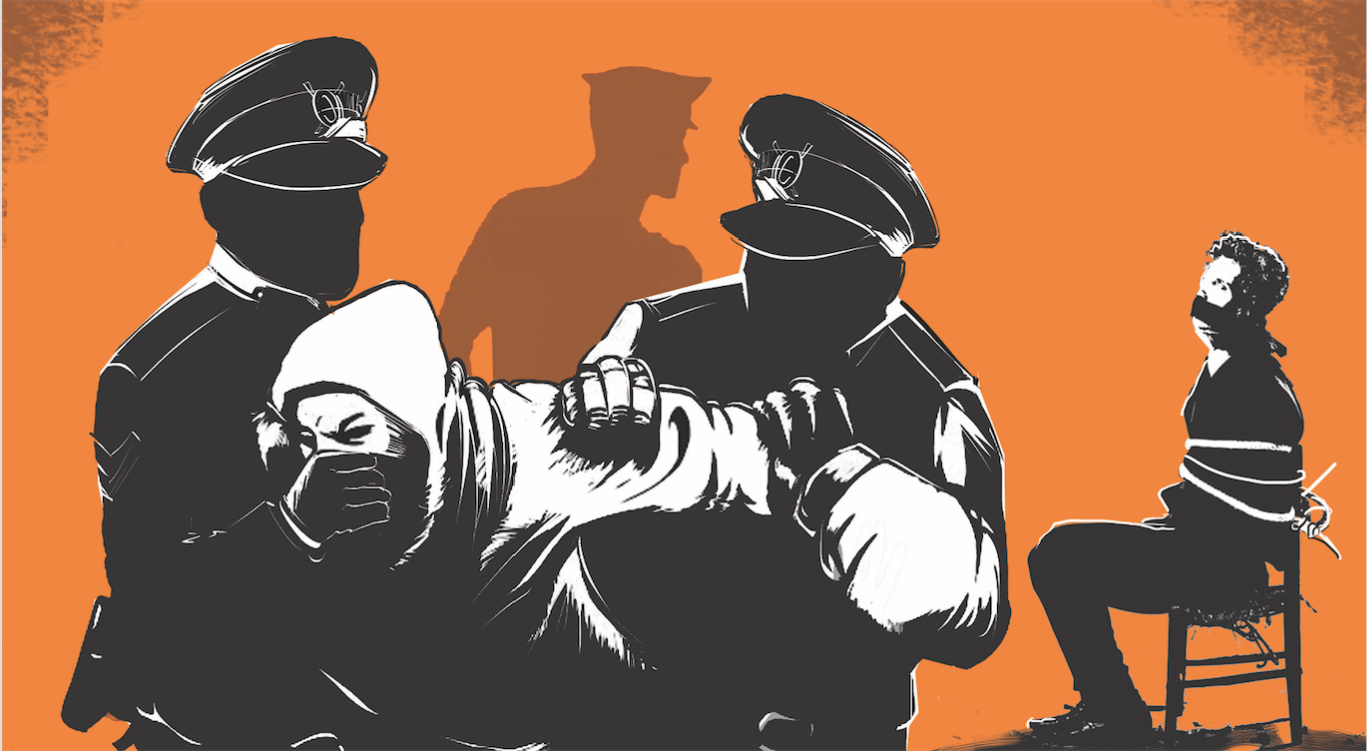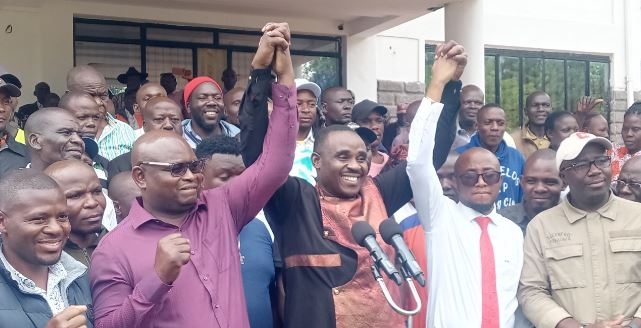

One of the most fundamental obligations of any state is the protection of its citizens. Not only within its borders but also beyond them. Citizenship is not a privilege that ends at the airport terminal or border post. It is a lifelong bond that carries with it rights and protections wherever one may be.
This is why every responsible government has a duty to ensure that its citizens are safe, their rights respected and their dignity upheld, even when they are outside their home country.
For Kenya, this responsibility rests primarily with the Ministry of Foreign and Diaspora Affairs. Its core mandate, clearly outlined in government policy, is to protect and advance the interests of Kenya and Kenyans abroad. This includes providing consular support to citizens in distress, defending their rights when violated and intervening, diplomatically or otherwise, whenever Kenyan citizens face mistreatment, unlawful detention or harassment in foreign territories.
Unfortunately, recent events have laid bare a disturbing pattern of neglect and inaction by the very institution entrusted with this sacred responsibility.
In recent months, Kenyans have watched with growing alarm as fellow citizens have found themselves in peril abroad. The case of activist Boniface Mwangi in Tanzania is a stark example. Mwangi, a prominent human rights defender, was detained and tortured in Tanzania under questionable circumstances.
Despite his stature and the public attention the case attracted, the Kenyan Ministry of Foreign Affairs offered no visible effort to intervene or demand his release. It was only through public outcry and sustained advocacy from civil society that the matter gained traction.
By the time Mwangi was released and deported, the silence from our government had already spoken volumes about the diminishing value it places on the lives and dignity of its citizens abroad.
Even more troubling now is the ongoing case of Kenyan activists Bob Njagi and Nicholas Oyoo, who were abducted in Kampala, Uganda, on October 1, 2025. Reports indicate that the two were picked up by individuals believed to be connected to Ugandan security agencies and, since then, they have been held incommunicado.
To date, there has been no credible update about their whereabouts or well-being. Families, colleagues and human rights organisations have written several letters of complaint and appeals to the Kenyan Ministry of Foreign Affairs, yet the ministry has remained conspicuously silent.
This silence is not just disappointing, it is disgraceful. When a government fails to speak out against the unlawful detention of its citizens, it sends a chilling message that its people are on their own once they cross the border. Such complacency and laxity betray the fundamental principle of statehood, which is the protection of its citizens.
For Njagi and Oyoo, being Kenyan should have meant something. It should have guaranteed them at least the assurance that their government would stand up for them, seek answers and demand justice. Instead, what they and their families have and continue to face is a wall of indifference.
What is even more baffling, and frankly infuriating, is the silence of Foreign Affairs Cabinet Secretary Musalia Mudavadi. As the minister directly responsible for protecting Kenyans abroad, Mudavadi’s continued quietness and lack of visible action on the matter of Njagi and Oyoo is deeply concerning.
His failure to issue even a single public statement, summon the Ugandan ambassador or reassure the families of the victims smacks of complacency and passive acceptance of Uganda’s actions. By his inaction, Mudavadi risks legitimising a blatant violation of the rights of two Kenyan citizens.
Leadership, especially in moments of crisis, demands courage and conviction, both of which appear to be missing in this case. The minister’s indifference not only emboldens foreign governments to mistreat Kenyans but also weakens Kenya’s moral authority to speak about human rights in the region.
The Ministry of Foreign Affairs cannot hide behind diplomatic niceties or bureaucratic excuses. Its duty is not optional. It is constitutional, moral and international. When Kenyans are arrested, detained or mistreated abroad, the ministry must immediately engage its counterparts in the host country to provide consular access and ensure due process is followed. It must brief families, coordinate with civil society and, if necessary, escalate matters to the highest diplomatic levels. Anything less is a dereliction of duty.
The continued detention of Njagi and Oyoo without communication or legal process is not just a Ugandan problem, it is a Kenyan shame. The lack of official protest notes, press statements or visible action by the Kenyan state reflects a worrying erosion of national responsibility. If a government cannot protect its own citizens, what then is the essence of sovereignty?
It is time for Kenya’s Ministry of Foreign and Diaspora Affairs, and indeed its Cabinet Secretary, to rise to their responsibility. They must act decisively, demand answers from the Ugandan government, and ensure the safe return of Bob Njagi and Nicholas Oyoo.
They must also review and strengthen their protocols for protecting citizens abroad to prevent such failures from recurring. The measure of a nation’s strength is not just in its economy or military might but in how it treats its people, especially when they are vulnerable and far from home.













